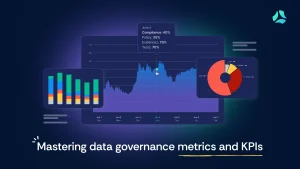
In accounting, revenue refers to the amount of money collected from financial transactions in a day. Revenue may include cash sales, credit purchases, interest income, and subscription fees. It is a basic concept in accounting that is often confusing to people. The International Financial Reporting Standards (IFRS) are a global standard for financial reporting, but the terminology may vary in different countries. Here are some common terms and definitions:
Despite the confusion associated with accounting terms, learning to use them will improve your understanding of the concepts and practices of accountancy. Knowing these terms will help you in conversation and impress employers. They will also help you in your classes. This is essential knowledge for a successful small business, especially during tax season. However, not all entrepreneurs can take formal financial training. If you’re not a trained accountant, this is an excellent resource to learn the language and understand the basics of accounting.
Accounts receivable and payable refer to the amount of money owed to a company by a customer. Accounts payable refer to expenses that aren’t paid but are due. Using both accounts in your transactions will help you better understand your organization’s financial position. The difference between the two is the way they’re recorded in an accounting system. An asset is a monetary item that an organization has earned. An expense, on the other hand, is money owed to creditors.
Assets are the wealth that an organization has accrued in its operations. An asset is a type of property owned by the organization or shareholder and can be sold or redeemed. Examples of assets include cash, accounts receivable, equipment, supplies, buildings, investments, warehouse inventory, and more. An organization’s assets are recorded in a balance sheet, which is a vital financial statement that shows the health of the company.
The Profit and Loss report also includes various terms that define the financial health of an organization. Net income is the amount of revenue minus expenses, including taxes and depreciation. Non-cash expenses do not require cash outlays, such as interest and other income. In contrast, operating income is the difference between income and expenses. It includes revenue from sales minus expenses, but excludes overhead costs such as salaries and rent. In some cases, operating profit is the amount of profit before paying overhead costs such as rent, mortgage, and utilities.
Various basic terms and concepts are essential to understanding accounting. For example, a car has a dollar value, and the amount of money you paid down on it will increase your personal net worth. A company’s equity is the value of its assets less its liabilities. A business’s inventory refers to unsold assets that it has purchased for the purposes of selling to consumers. Depreciation refers to the decrease in value of assets over time. Assets are typically quite valuable and depreciation refers to the loss of value over time.






